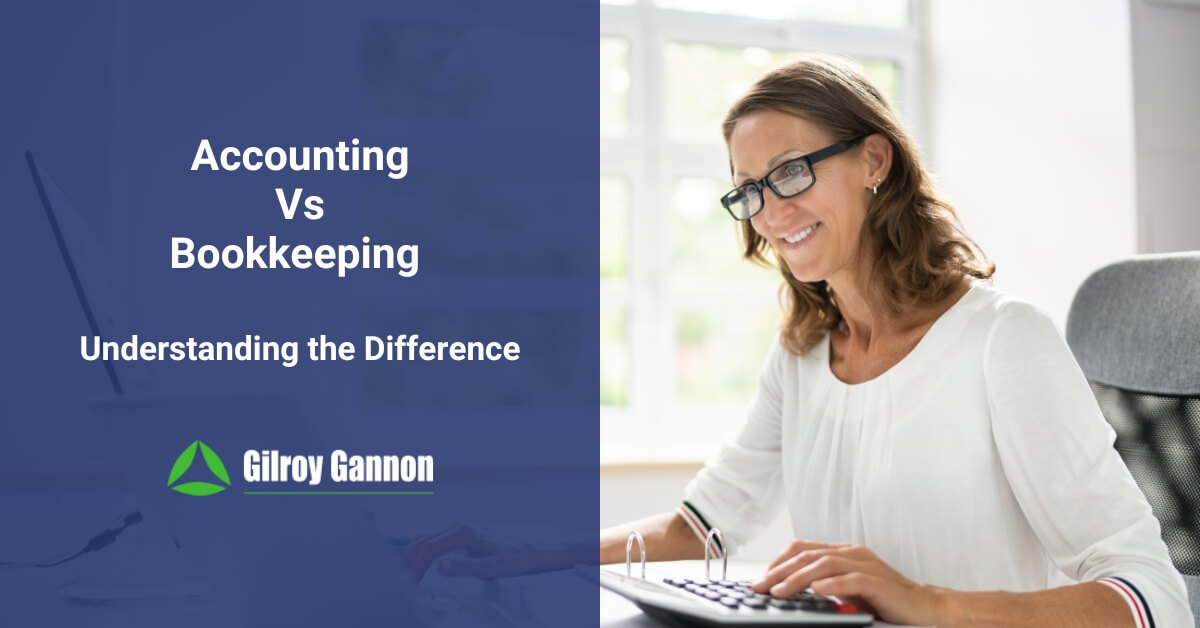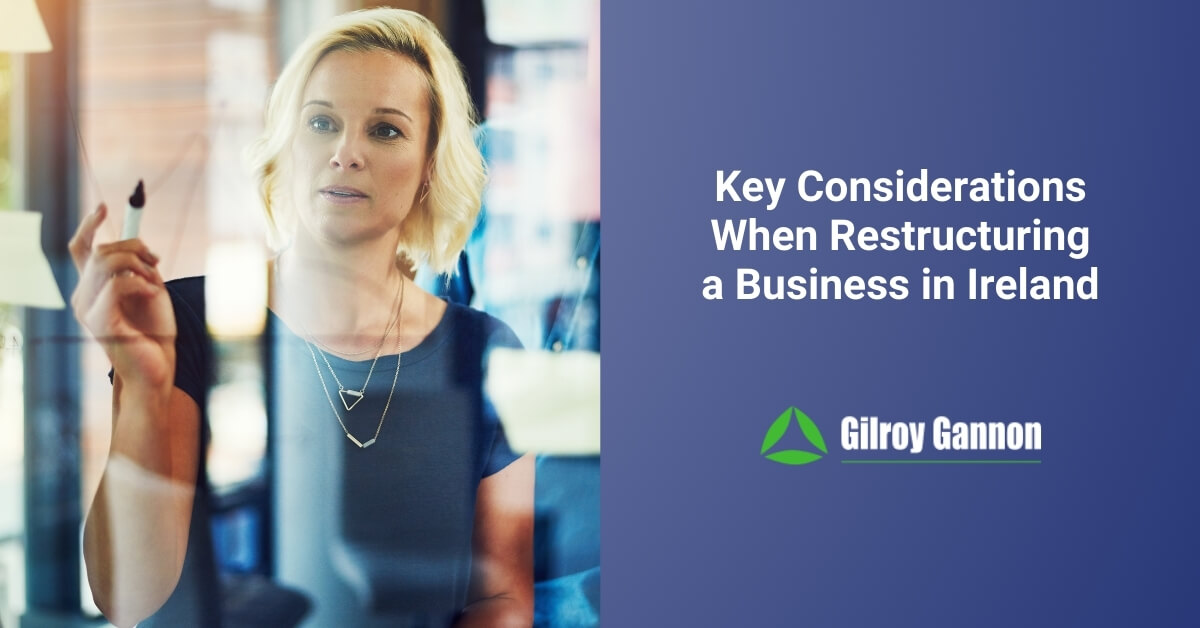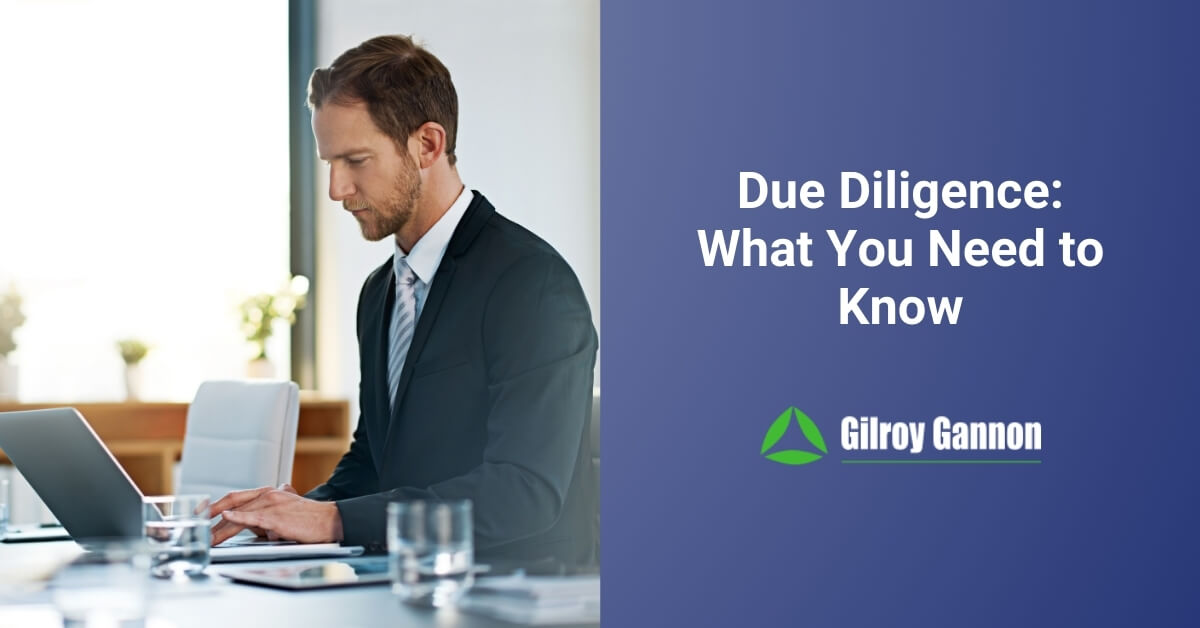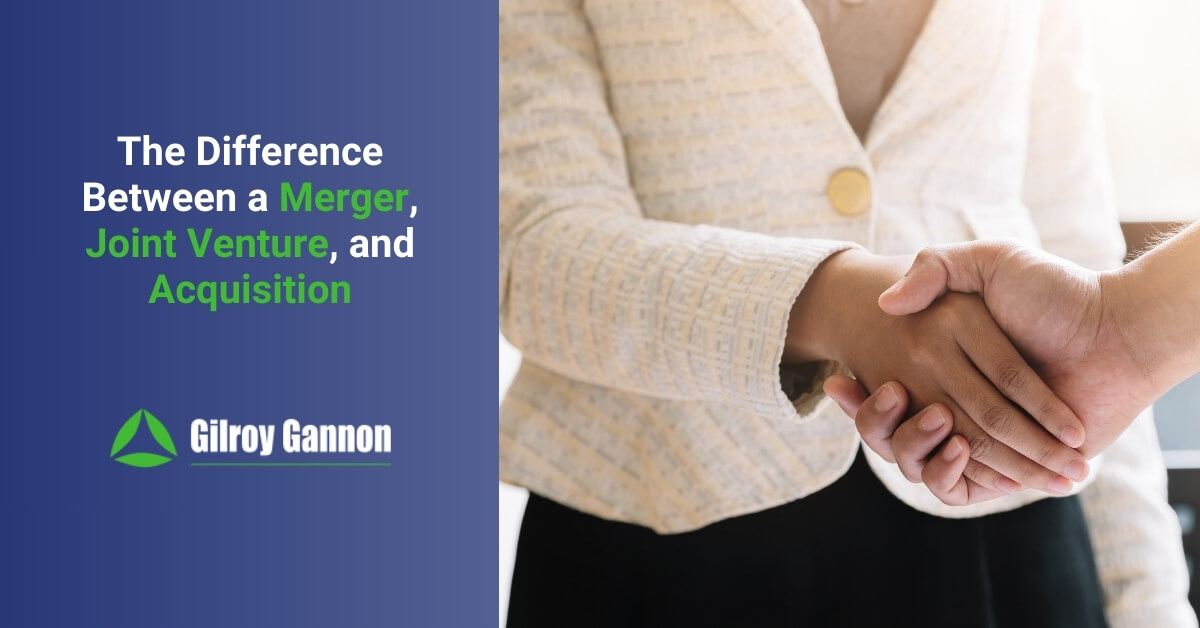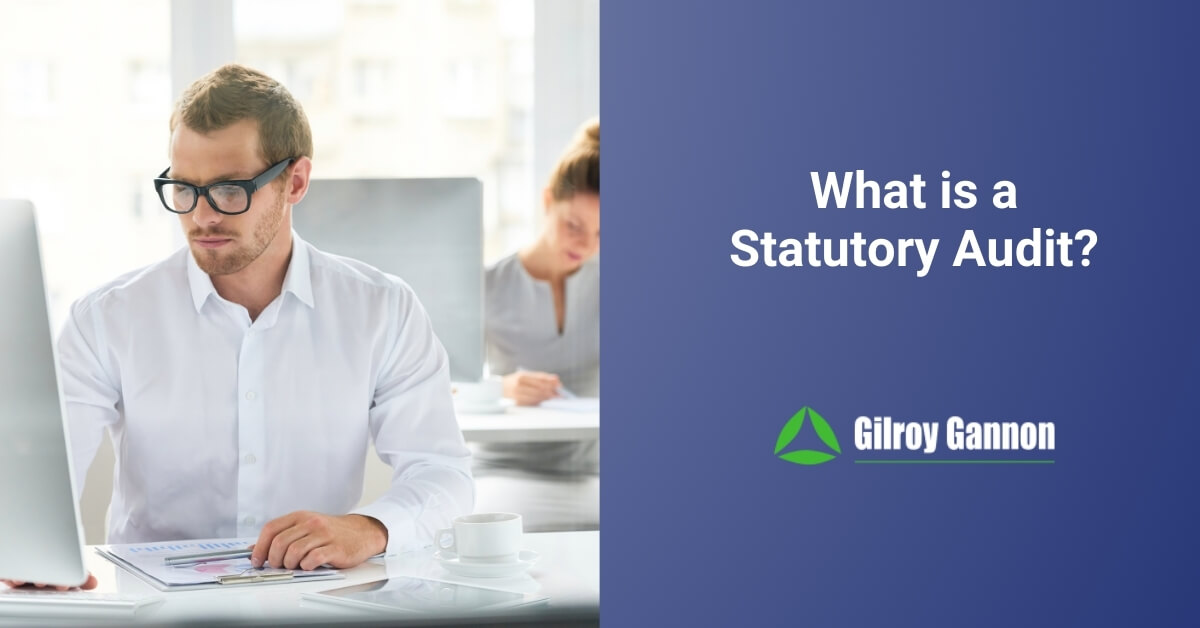What You Need to Know About Forensic Accounting
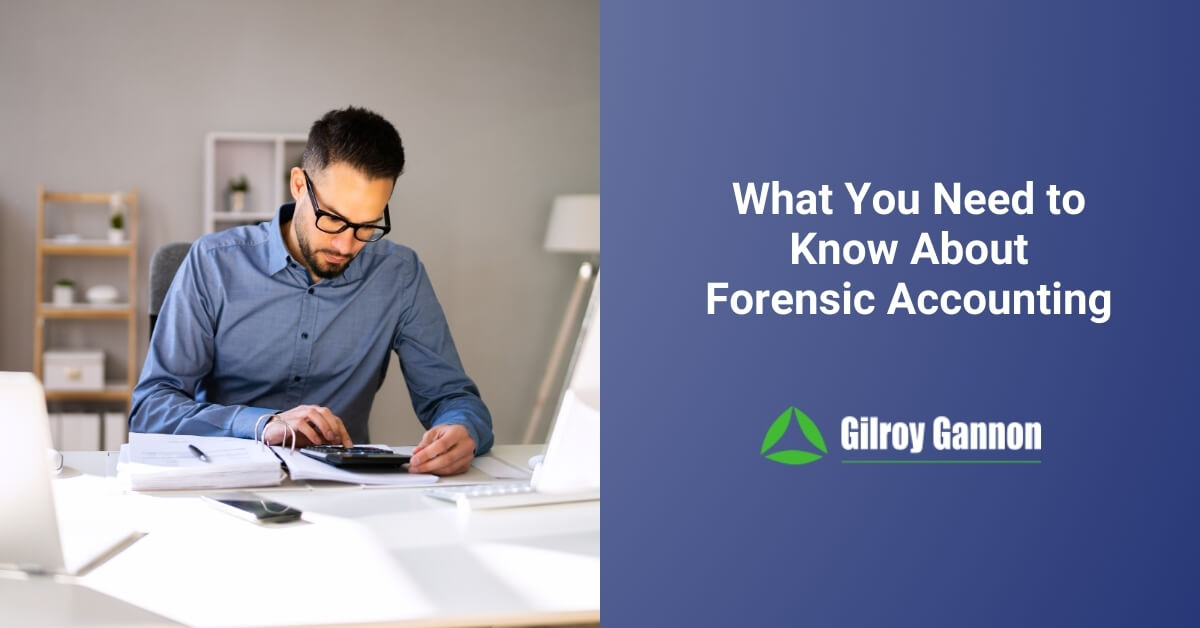
Finances, business structures, and personal relationships can be complex. This complexity can lead to commercial disputes, finance-related disagreements, and misconduct suspicions. These are the types of situations where forensic accounting can help bring about a resolution, from negotiating an agreement to unravelling complexities to presenting evidence.
Forensic accounting plays an important role in many court cases, but it goes beyond legal disputes or situations where misconduct is suspected. In fact, there are a multitude of reasons for using forensic accounting services. The main thread connecting them all is the need for specialist skills in areas such as:
- Accounting
- Investigations
- Auditing
- Dispute resolution
- Valuations
- Data analysis
Forensic accountants can be hired by just about any entity or person including the government, banks, barristers, companies, shareholders, and individuals.
Common Types of Forensic Accounting Support
Civil and Criminal Proceedings
Forensic accountants can provide expert testimony and litigation support in legal proceedings, both criminal and civil. This includes pre-trial support, support during trials, appearing as an expert witness, and assisting with settlement negotiations.
Investigations
There is a wide range of investigations that forensic accountants can get involved in. This includes investigating fraud and other types of financial misconduct such as money laundering, bribery, and corruption.
Forensic accounting is also increasingly a part of investigations into computer crime and the misuse of technology.
Asset tracing and establishing asset ownership structures is another type of investigation that forensic accountants can help with, as well as investigating the misappropriation of assets.
Forensic accounting investigations during examinerships, receiverships, and liquidation proceedings are also common.
Commercial Disputes
Commercial disputes are common, and most are resolved by the parties involved coming to an agreement. In particularly complex cases, however, or in cases where a resolution can’t be found, forensic accountants can get involved. Examples of commercial disputes include:
- Contract disputes
- Shareholder and partner disputes
- Family disputes over financial, asset, and commercial interests
The role of a forensic accountant in situations like those above can be essential to finding a resolution because of the emotional factors that can often be at play for the parties involved. Forensic accounting processes aim to discover and provide clarity on the facts. This can establish right or wrong in a dispute, although the process is more typically about finding an agreeable middle ground.
Therefore, mediation and arbitration are often an essential part of forensic accounting in commercial disputes.
Loss of Earnings
Forensic accountants can also be called on to complete loss of earnings calculations, particularly when there is a disagreement on figures. This could be for commercial or personal income.
Forensic Accountant Profile
Forensic accounting is part of accountancy, but not all accountants can provide (or want to provide) forensic accounting services.
Forensic accounting services are typically offered by larger Chartered Accountancy firms because of the range and specialist nature of the expertise that is required to properly complete investigations, prepare reports, and, potentially, appear as an expert witness in court.
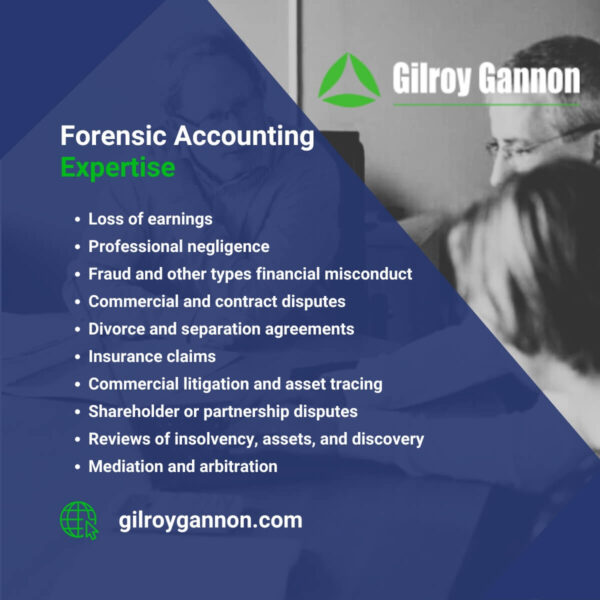
Find out more about our forensic accounting services at Gilroy Gannon.
Typical Forensic Accounting Process
Our experience in providing forensic accounting services at Gilroy Gannon is that every situation is different. Every client is different, every investigation is different, and outcomes can vary too.
There are, however, some standard steps that take place in most forensic accounting situations:
- Investigation – investigations typically start by obtaining and reviewing readily available information and financial records. Obtaining information and records from other sources, including third parties, is also often necessary, as is interviewing relevant people.
- Reporting – once all the evidence is collected, it is analysed before a report is produced detailing the findings of the investigation. In legal proceedings, this could be an Expert Witness Report. In addition to the findings of the investigation, reports can also include information on the types of research undertaken and the methodologies used to reach conclusions.
- Next steps – the next steps depend on the situation but could include litigation support, appearing as an expert witness, assisting in mediation processes, etc.
Forensic Accounting Services at Gilroy Gannon
If you believe your situation would benefit from forensic accounting, we can help at Gilroy Gannon. Contact us today to arrange a confidential consultation.
Latest Blog
Check out our blog and you will get the latest news, events, and financial tips from Gilroy Gannon.


